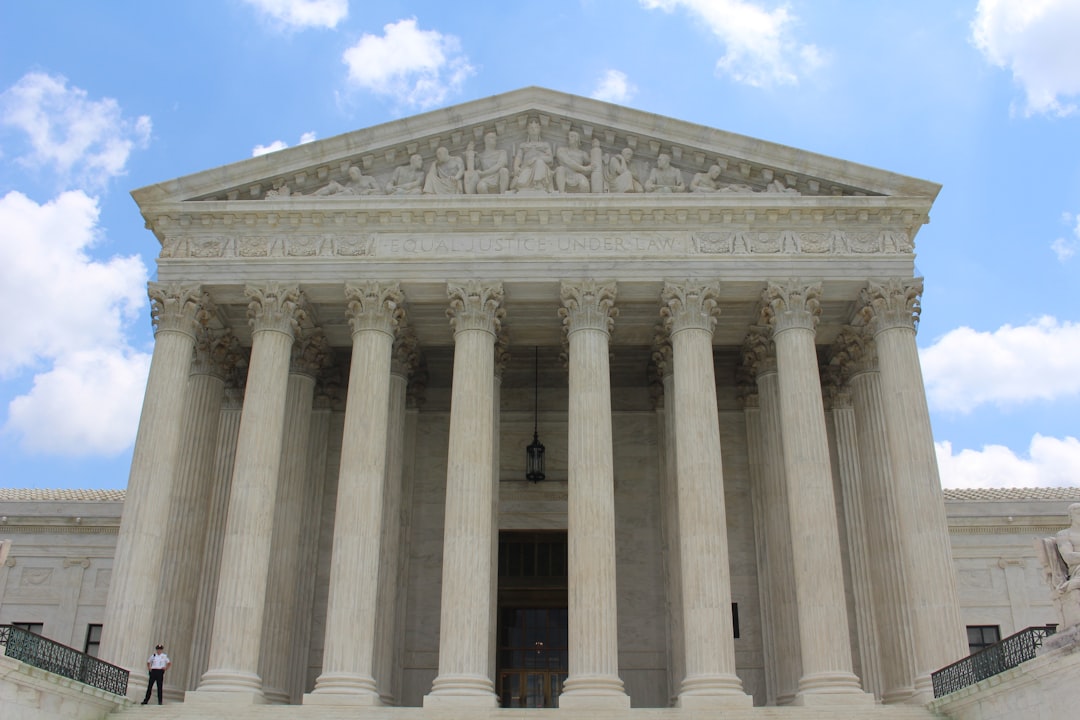
Up until about a year and a half ago, I didn't think there was any real chance of Roe vs. Wade being overturned, at least not in the foreseeable future. But when liberal Supreme Court Justice Ruth Bader Ginsburg passed away in September of 2020, and President Trump was afforded his third SCOTUS nomination, his selection of constitutional originalist Amy Coney Barrett opened up a real possibility that it might just happen (should the right case come along).
Monday night, reporters at Politico published a leaked draft majority opinion from Justice Samuel Alito, revealing that the 1973 landmark Supreme Court decision on abortion is indeed slated to be overturned, on a 5-3 vote this summer (as part of the court's ruling on Dobbs v. Jackson Women’s Health).
Before we get to the ruling itself, it's important to address the extraordinary significance of the leak. I wholly concur with the views of National Review's editors who published a piece on this topic early Tuesday morning:
"The legitimacy of the Supreme Court’s vital constitutional duty to pronounce authoritatively what the law is in cases where it is called to do so hinges on the integrity of its process. The Court has thus been admirably disciplined about maintaining the secrecy of its deliberations until rulings are announced. Without that discipline, the Court’s decision-making would be subjected to intense political pressure — the very antithesis of a system that insulates the judiciary from politics so that cases can be decided pursuant to law, without fear or favor. The Court’s vital constitutional role, vindicating a rule of law not men, would be destroyed. Worse, the leak could inspire violence against the Court or the justices."
It's a very real concern, and the growing consensus (which I tend to agree with) is that the draft was likely leaked for the purpose trying to influence the outcome of the summer ruling, in some way, shape, or form. As for the source of the leak, there are really only two possibilities: a Supreme Court justice or a law clerk. And for the reasons stated by National Review, I'm also in agreement with those demanding an investigation, and calling for termination if the leaker was a clerk, and impeachment if the leaker was a Justice. Any applicable criminal charges beyond that are also warranted.
As for the ruling itself (which technically isn't set in stone), contrary to what many Americans seem to believe, the end of Roe won't mean the end of legalized abortion. It would just remove legalized abortion as a constitutional right, and push abortion laws and restrictions down to the state level where legislatures, governors, and thus ultimately voters will have a say in them.
So, most states will likely pass laws reflecting the abortion views of most Americans, something along the lines of keeping it legal in the first trimester, with restrictions (with possible exemptions) applied after that.
Will some states impose outright bans or at least very strict restrictions on abortions? Probably. And individuals living in those states, who make the decision to get an abortion, would have to travel to another state for the procedure.
Will other states legalize abortions all the way up until childbirth? Unfortunately, yes. In fact, that appears to be what California's Gavin Newsom is already pursuing.
What a lot of people probably don't realize is that a number of states are already prepared to deal with the reversal of Roe, and have been for some time. As The Dispatch reported on Tuesday morning:
"At least 13 states have 'trigger laws' on the books that would implement new restrictions in the event Roe and Casey are overturned, while at least 17 others have laws that would guarantee abortion’s legality."
Regardless of how you look at it (assuming things will happen as expected), this will be a big win for the pro-life movement and constitutional conservatives, and a big blow to the pro-choice crowd. The battles will now be fought within individual states.
But pro-lifers already had some things to be excited about. The abortion rate in America has been in steady decline for quite some time, despite its longtime national legalization. Pro-life sentiment has strengthened as well. These are tangible, cultural gains that one could argue are more significant than which level of government gets to decide abortion law.
Still, Roe vs Wade was and is bad law and bad constitutional precedent — egregiously broad, overstepping, and needlessly divisive from the beginning. Even liberal icon Ruth Bader Ginsburg, who was personally pro-choice, understood that. I welcome its forthcoming reversal.
What I'm not looking forward to is the next round of reactionary political chaos and hysterics that is already underway.


